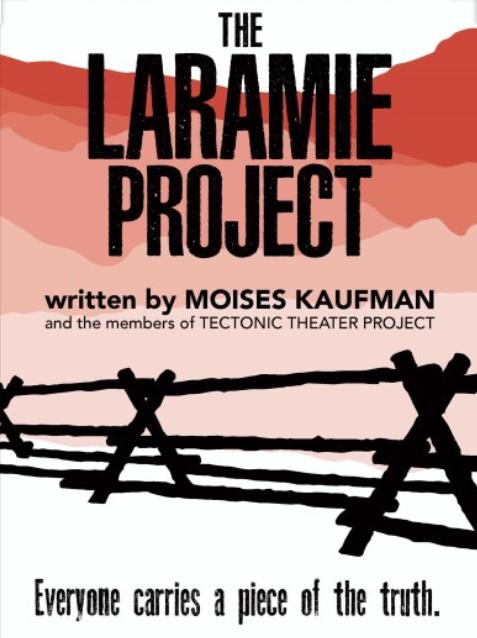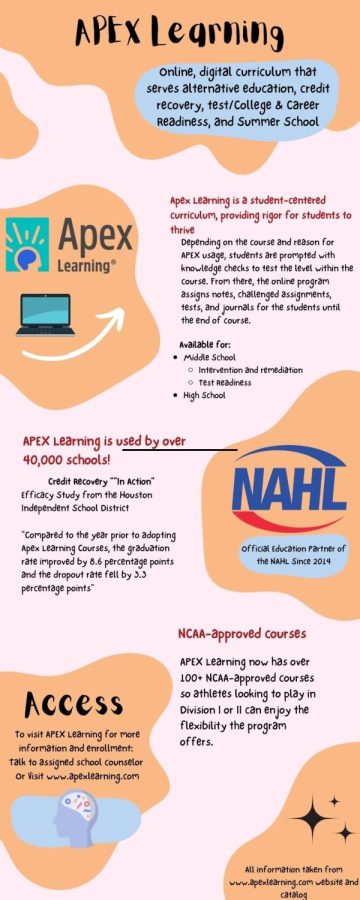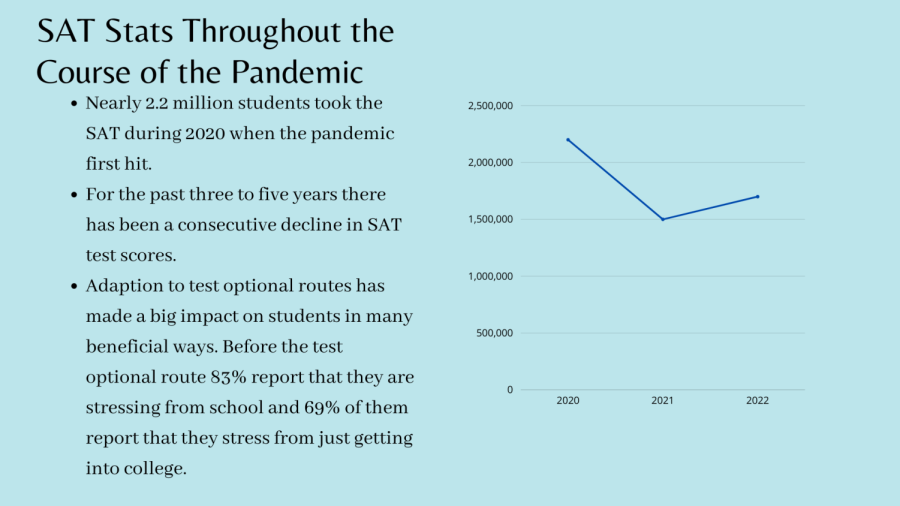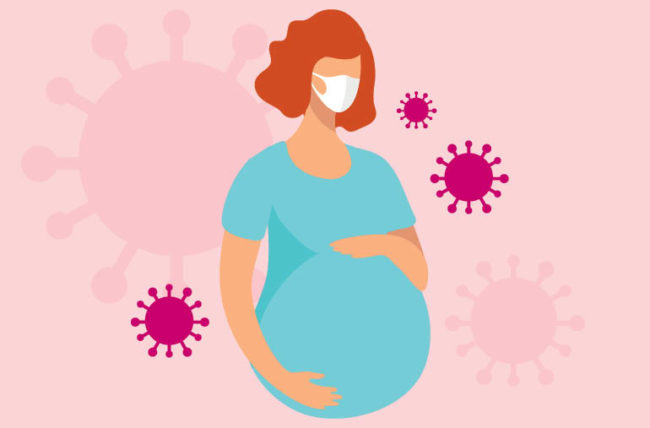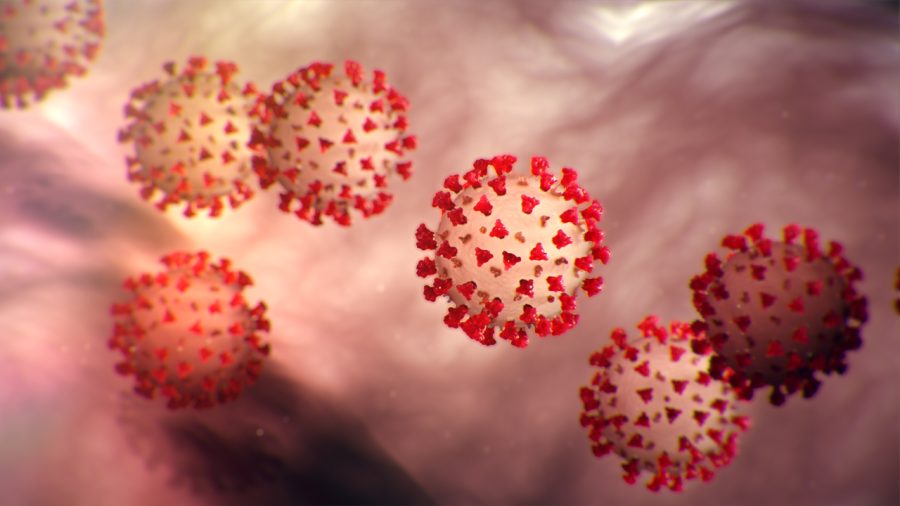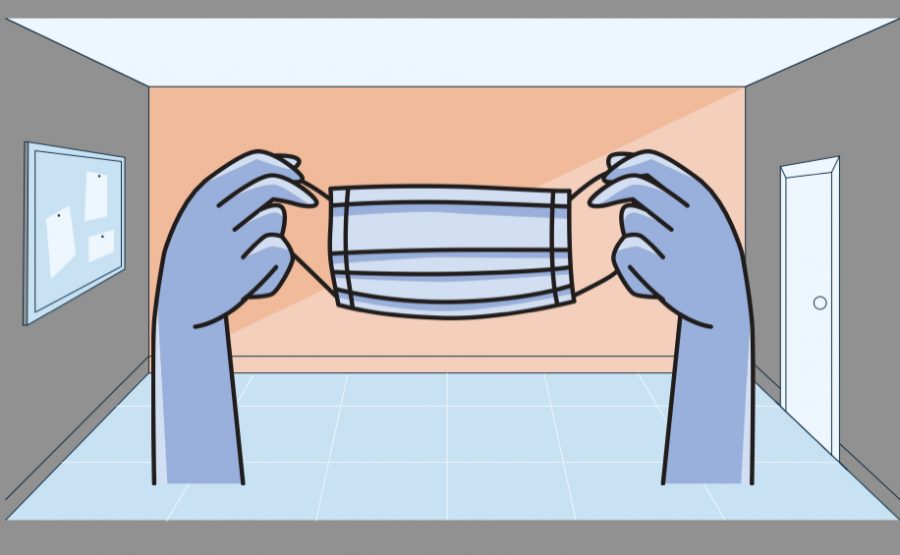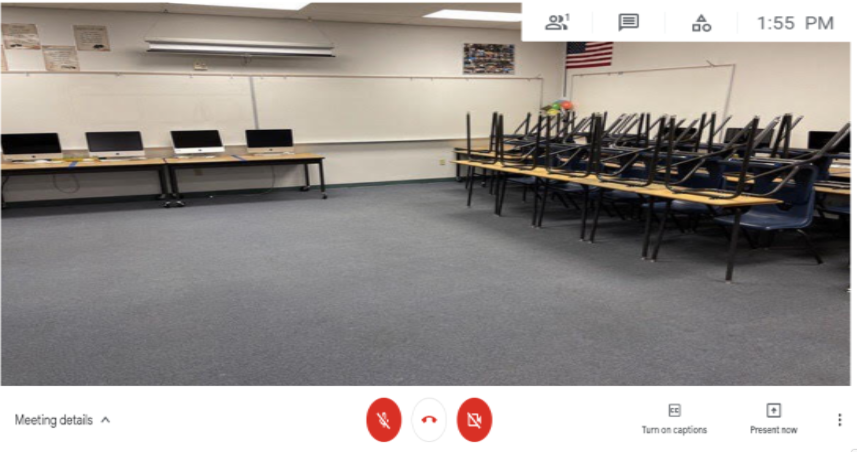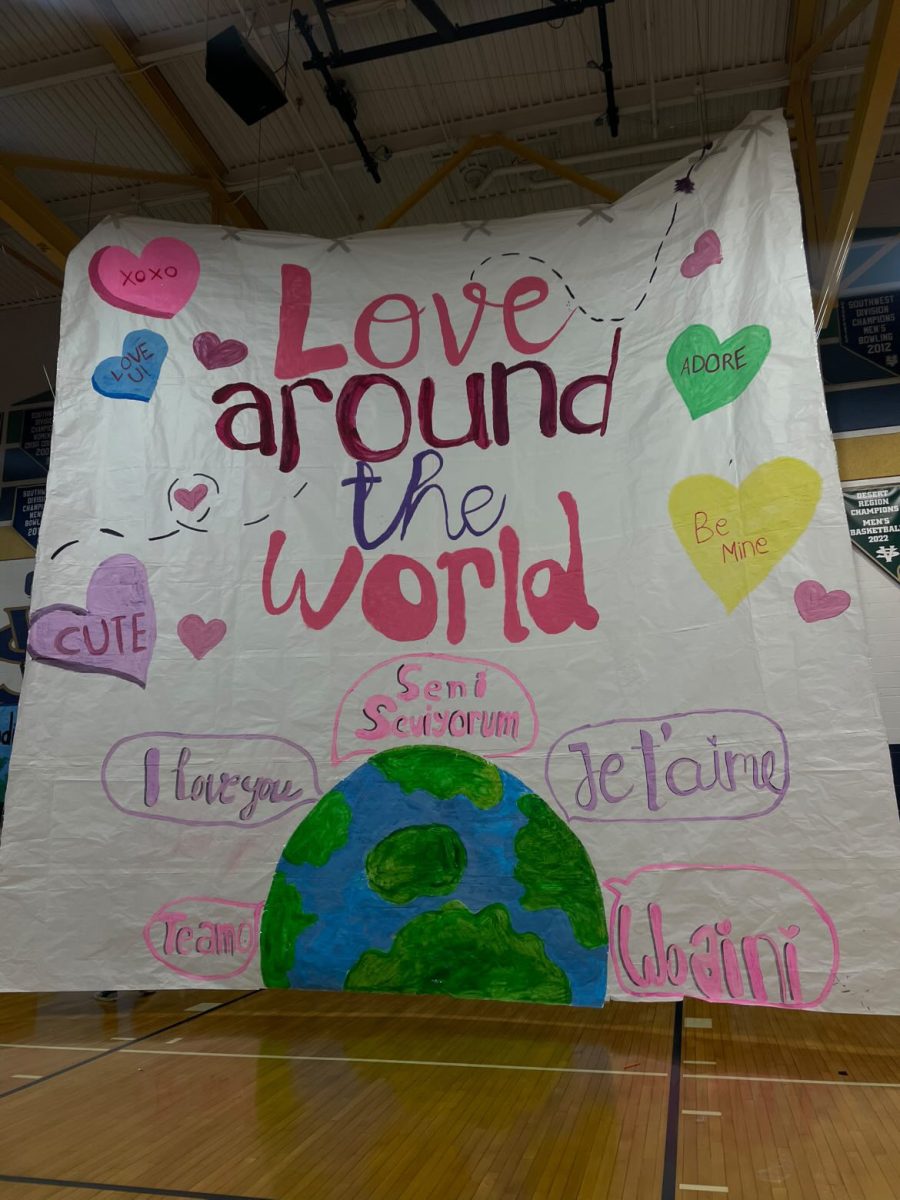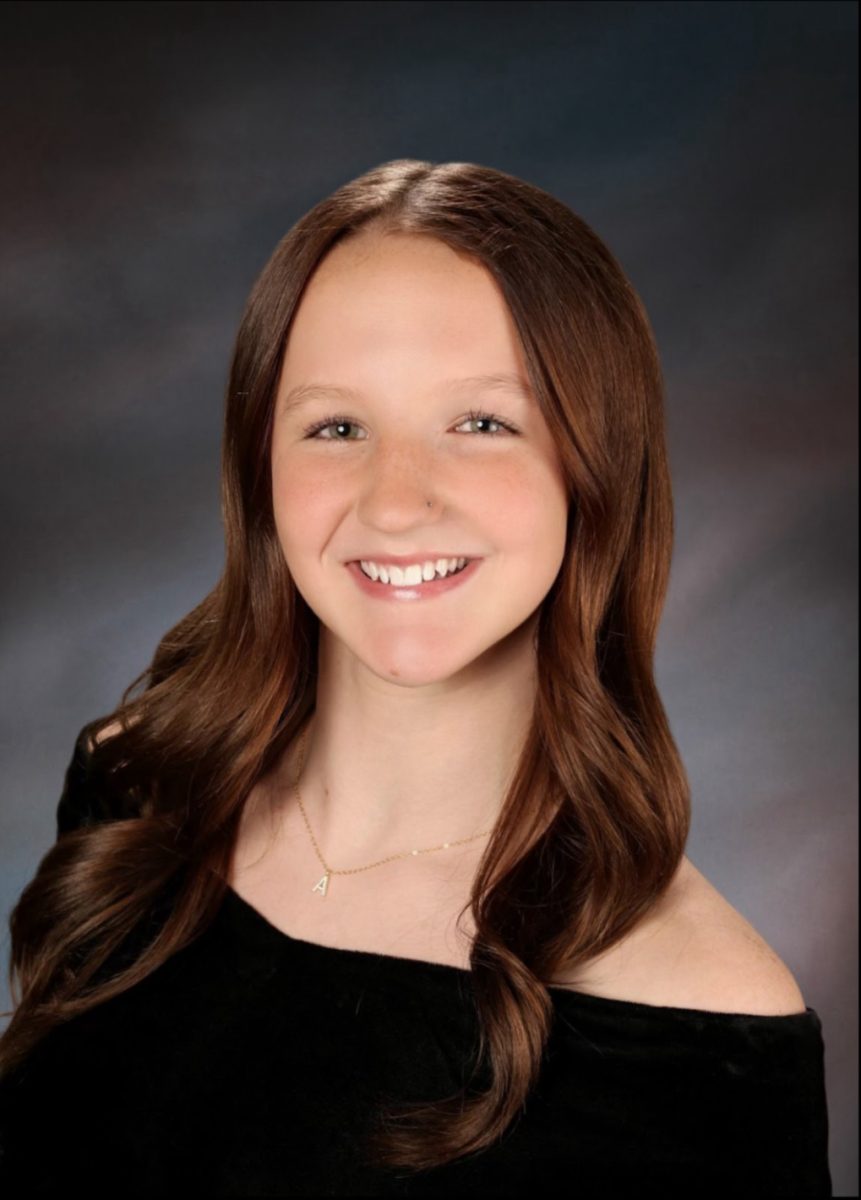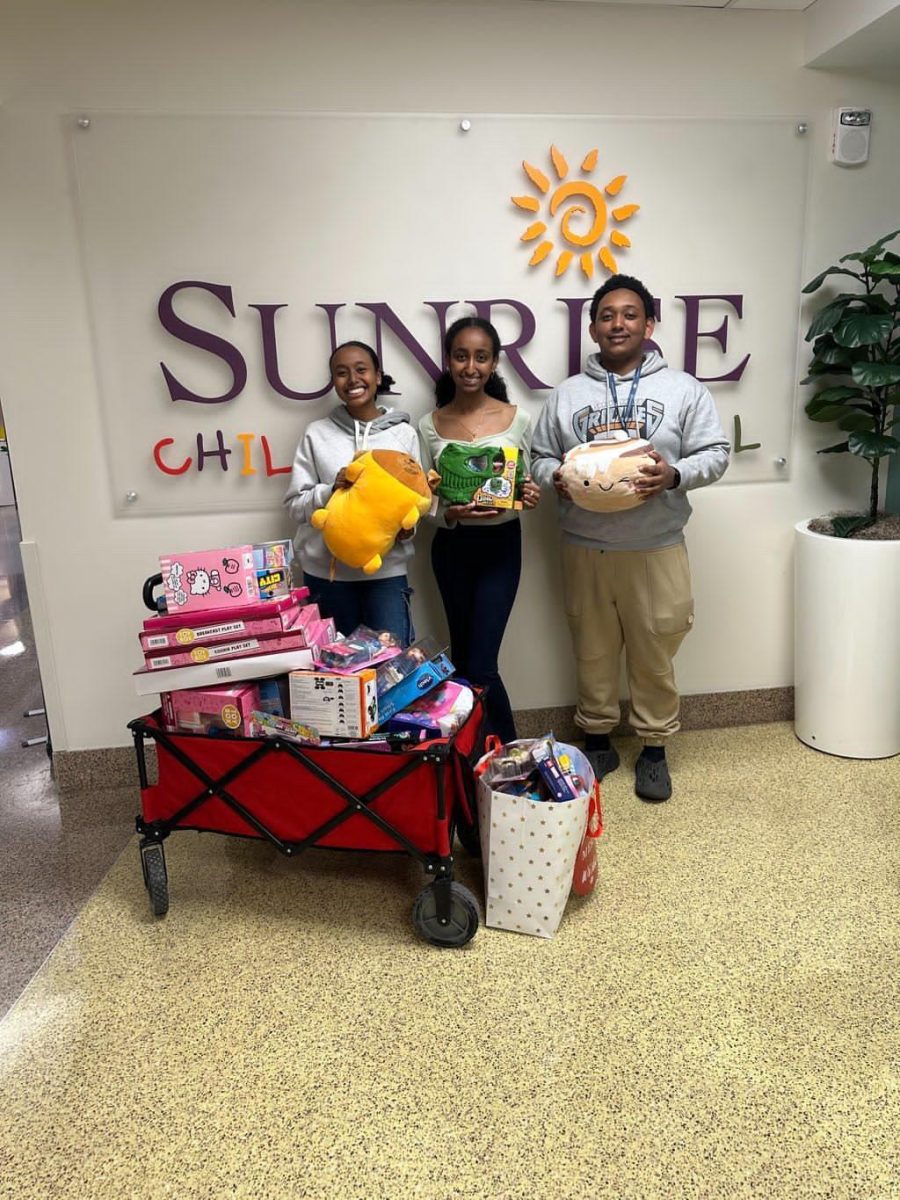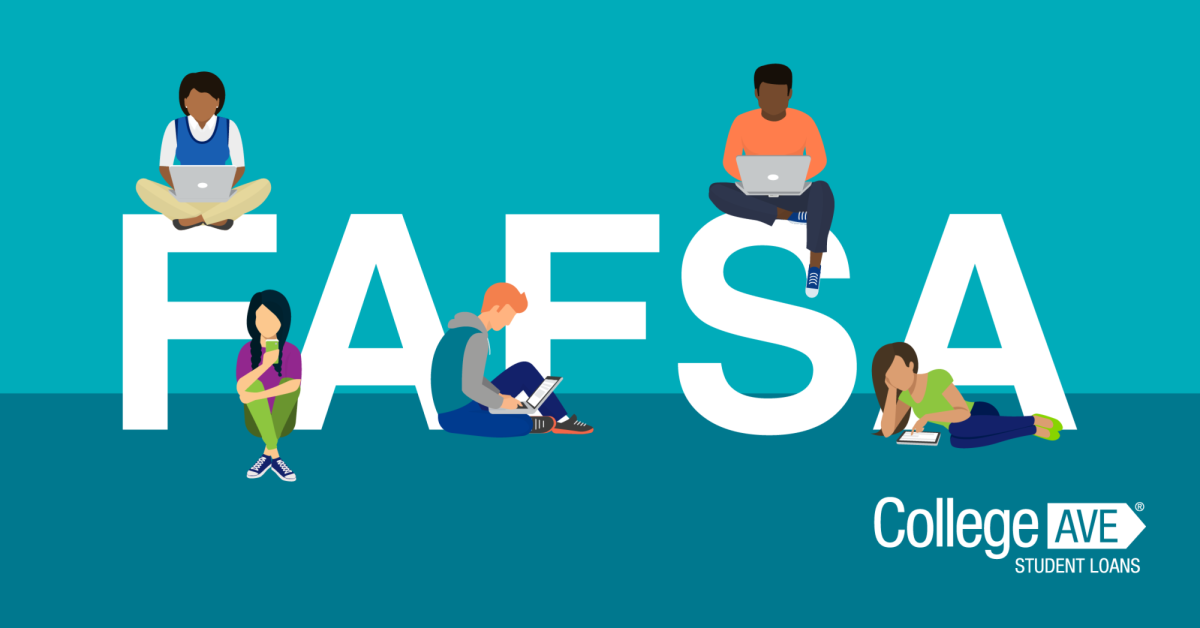For Technical Director and IB senior Zoe McCracken, “The Laramie Project” was her project, two years in the making. McCracken first planned to produce the show as a sophomore for her IB Personal Project, and she has been working with a team of her peers to create the performance for her senior year
The show was scheduled to run April 23 to 25. McCracken admits that she struggled to cope with the cancellation of her project. To her, the show went beyond the theatre and touched on real community issues.
“This whole year had a theme of social issues, and talking about hate crimes is something that hadn’t been done,” McCracken said, referring to Spring Valley’s performance of “Eat (It’s Not About Food).” “With this show, I think it would’ve opened conversations and allowed people to see a different perspective of hate crimes and how one affects an entire community.”
“The Laramie Project” follows a theatre troupe in its efforts to document the aftermath of
Matthew Shepard’s murder in the town of Laramie, Wyoming. Shepard, a gay University of Wyoming student, was taken to a remote location and beaten and left to die by two men who claimed Shepard came onto them. The plot centers on the residents of Laramie and their experiences following such a monumental crime.
The show would have made Spring Valley history as the first entirely student-produced
show at the school.
I feel like it is important to have a student run the show to move forward,” Theatre teacher Anthony Coffield said. “Every year our theatre program does something new, something that makes our program special. Plus, this gives out students the ability to apply what they have learned through the years and show the abilities they have.”
McCraken also felt her project would bring something new to the table, and she tried to
get as many students involved as she could.
“We had over 30 students involved, and that extends to their families and all of the
support we received from Mr. Coffield in trying to put this together,” McCracken said. “To have it stopped so suddenly was just weird. It meant a lot that I had the opportunity to produce this show after designing it my sophomore year.”
The show’s cancellation was difficult for the cast and crew to accept, many said. But some say it hits even harder now, with nothing but time to think during the closure.
Senior and foreign exchange student Seina Honda felt excited to be in his first play. He
came to study in the United States so he could practice English and one day become an actor in America.
“When I heard the play would be canceled, simply I was very sad,” Honda said. “I’m supposed to go back to Japan on June 1, so this is going to be the first and the last time getting in a play in [an] American high school. I actually … practiced my lines and my bad pronunciation every night until two [a.m.] since I got in the play to get a little bit better.”
In the short time “The Laramie Project” was in session, students still found a silver lining in the fact that their jobs provided a major learning opportunity.
“This project meant a lot to me because it had an important story to tell,” said Selestina Segura, the assistant stage manager. “‘Laramie’ would have been the biggest project I ever worked on. … I learned what it’s like to be part of a creative team. I was honestly scared that I would mess something up, but I had my great team to help me along the way.”
Still, actors and tech share the same disappointment as McCracken, who has worked in theatre for four years now. Everyone remained hopeful for the future of the show despite the cancellation of after-school activities, but once school was canceled completely, the plan seemed to fall apart, according to McCracken.
“I don’t think I’ve really accepted it yet,” McCracken said. “I’m hoping there’s a solution out there, and I just haven’t figured it out yet. I’ve definitely been emotional about it, and nobody outside of theatre really understands why I’m so attached. But part of me also wants to focus on my family right now, and if canceling this show and school helps to keep everyone safe and healthy — then that’s the most important thing.”


